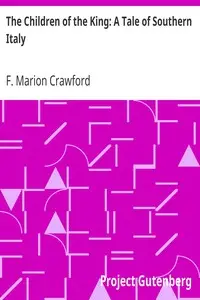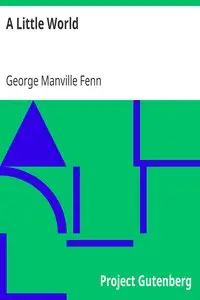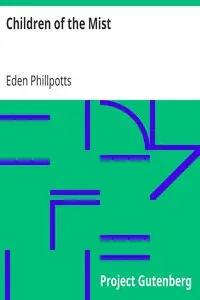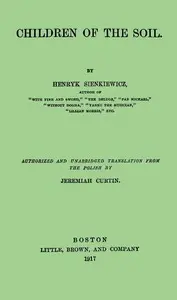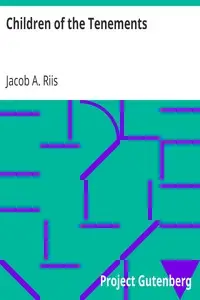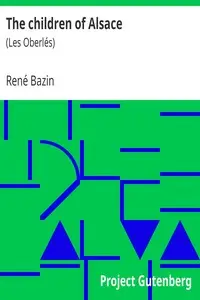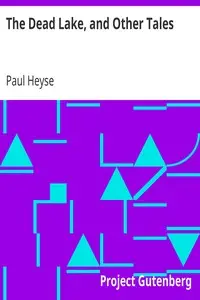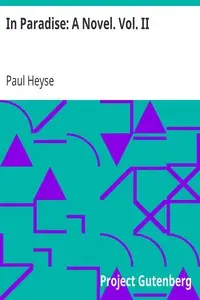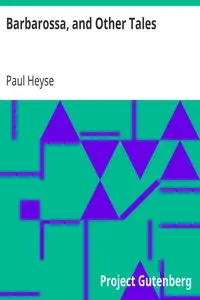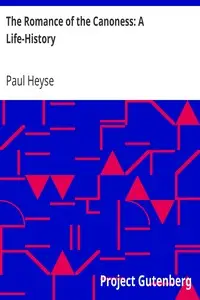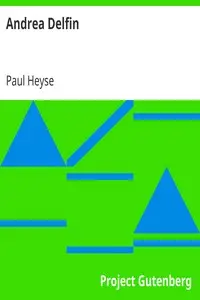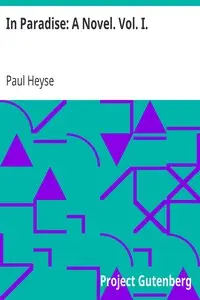"The Children of the World" by Paul Heyse is a story set in 19th-century Berlin, revolving around the shoemaker Gottfried Feyertag and his sons, Edwin and Balder. The novel introduces us to the Feyertag family, living a modest life in Berlin's Latin Quarter, as it touches themes of affection, societal standing, and the trials of youth. Edwin contemplates life with his sensitive character and growing attraction to a mysterious girl, whereas Balder is gentle and embraces the trade of turning. The brothers face the difficulties of their world, mixing family life with the stresses of being young and hinting at future fights and discoveries.
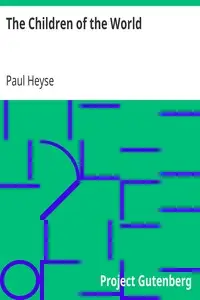
The Children of the World
By Paul Heyse
In nineteenth-century Berlin, two brothers from a modest family navigate love, social pressures, and the challenges of growing up.
Summary
About the AuthorPaul Johann Ludwig von Heyse was a German writer and translator. A member of two important literary societies, the Tunnel über der Spree in Berlin and Die Krokodile in Munich, he wrote novels, poetry, 177 short stories, and about sixty dramas. The sum of Heyse's many and varied productions made him a dominant figure among German men of letters. He was awarded the 1910 Nobel Prize in Literature "as a tribute to the consummate artistry, permeated with idealism, which he has demonstrated during his long productive career as a lyric poet, dramatist, novelist and writer of world-renowned short stories." Wirsen, one of the Nobel judges, said that "Germany has not had a greater literary genius since Goethe." Heyse is the fifth oldest laureate in literature, after Alice Munro, Jaroslav Seifert, Theodor Mommsen and Doris Lessing.
Paul Johann Ludwig von Heyse was a German writer and translator. A member of two important literary societies, the Tunnel über der Spree in Berlin and Die Krokodile in Munich, he wrote novels, poetry, 177 short stories, and about sixty dramas. The sum of Heyse's many and varied productions made him a dominant figure among German men of letters. He was awarded the 1910 Nobel Prize in Literature "as a tribute to the consummate artistry, permeated with idealism, which he has demonstrated during his long productive career as a lyric poet, dramatist, novelist and writer of world-renowned short stories." Wirsen, one of the Nobel judges, said that "Germany has not had a greater literary genius since Goethe." Heyse is the fifth oldest laureate in literature, after Alice Munro, Jaroslav Seifert, Theodor Mommsen and Doris Lessing.

